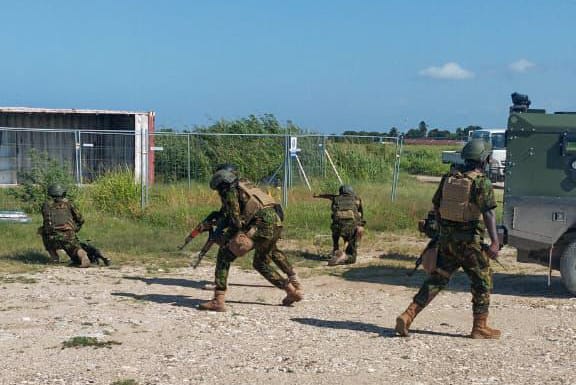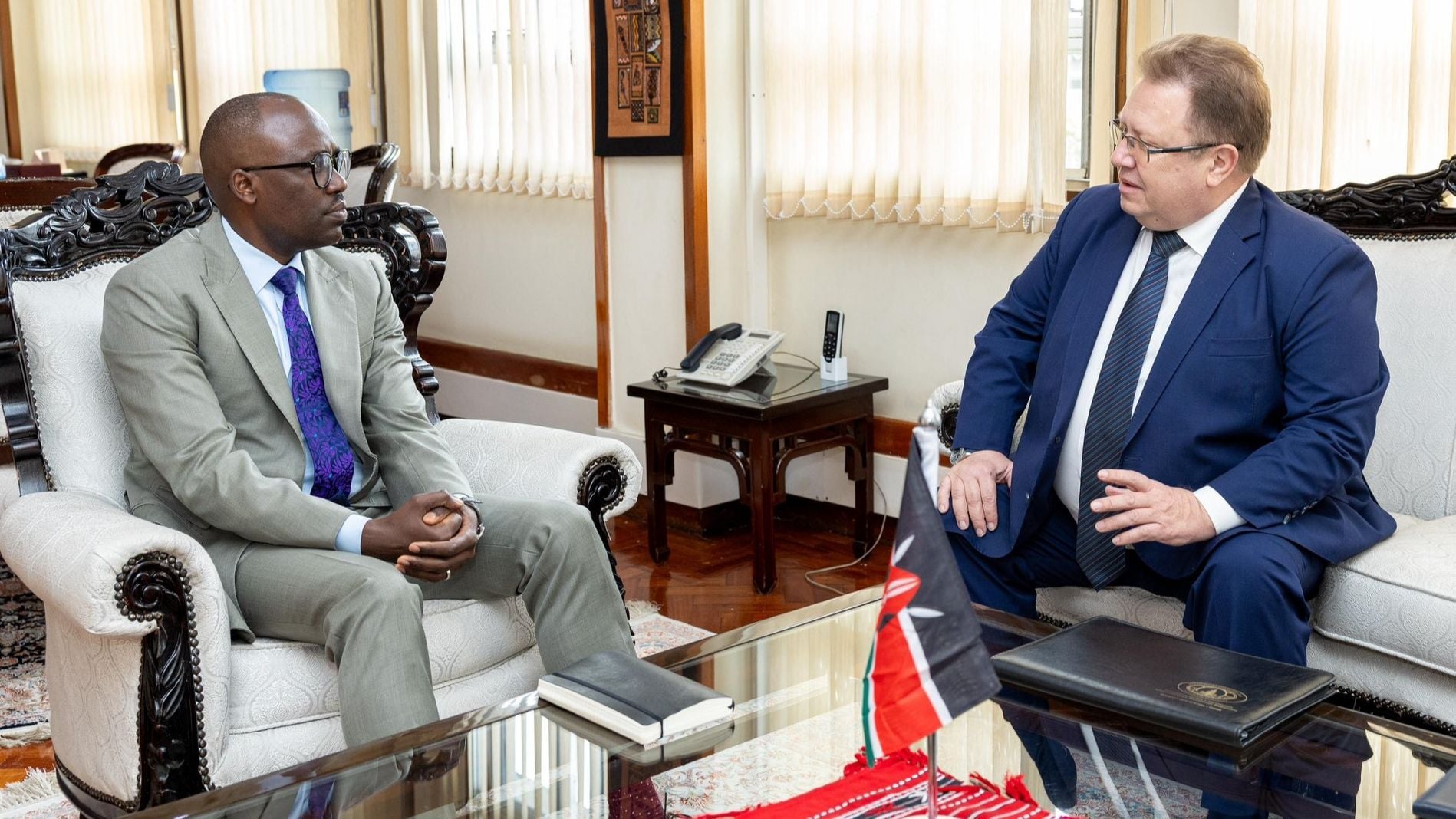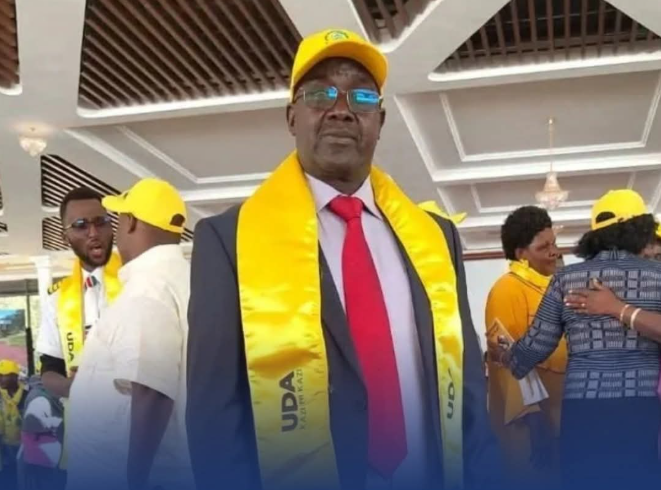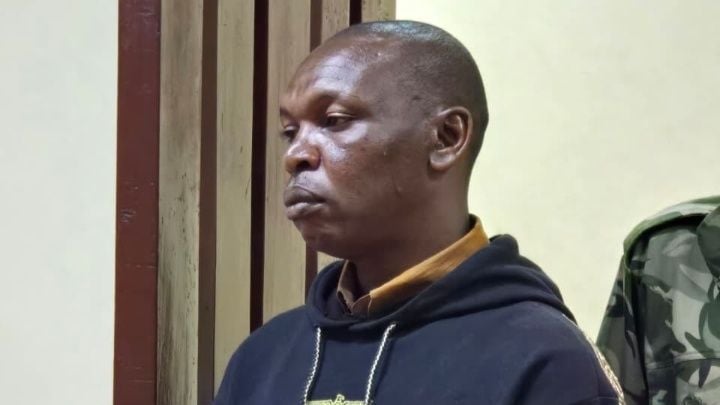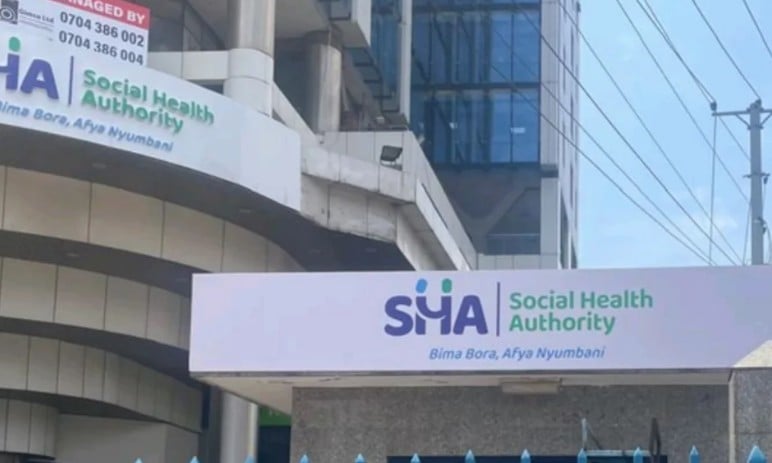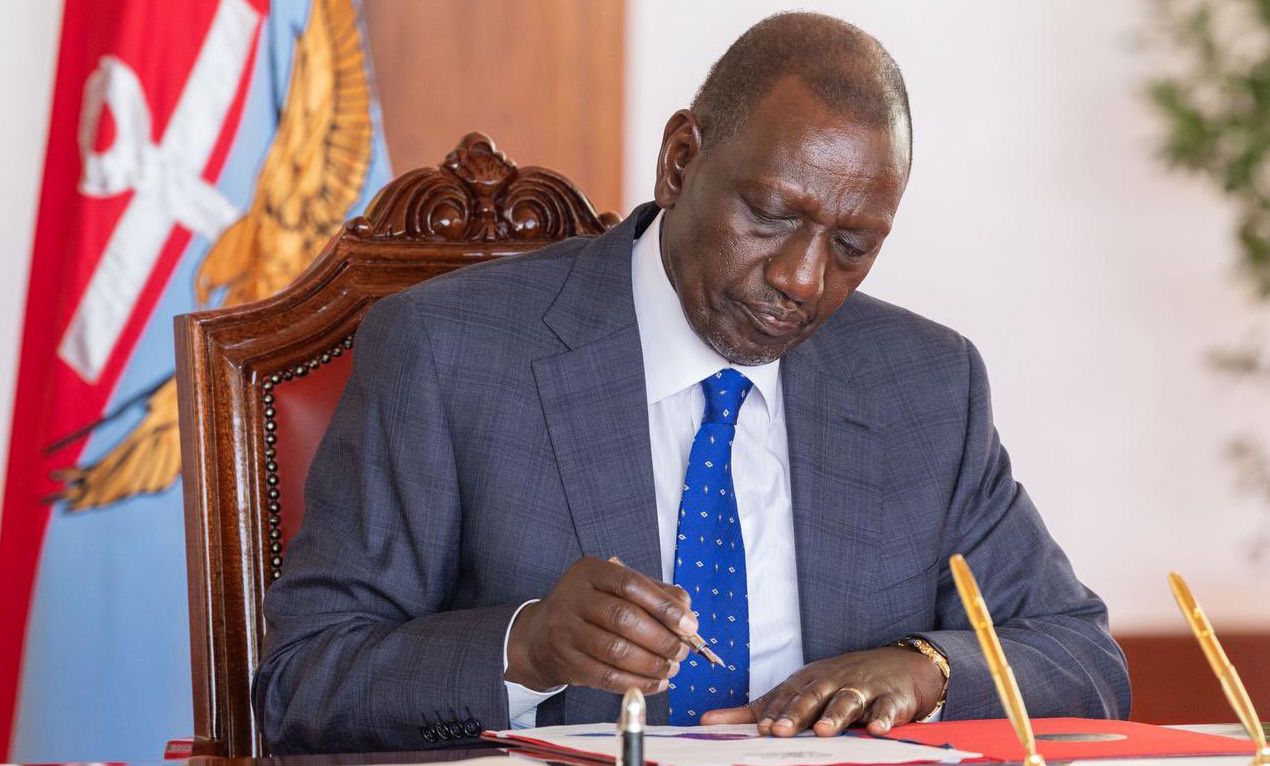The Multinational Security Support Mission to Haiti (MSSMH) has hailed Kenya for its exceptional leadership and commitment in the ongoing peace mission in the Caribbean nation.
In a statement released on Friday, September 19, the MSSMH highlighted Kenya's pivotal role in leading the unprecedented mission, which combines both police and military components in direct combat operations against gangs terrorizing Haiti.
Despite facing significant challenges, including distance, language barriers, and the absence of a UN mandate, Kenya demonstrated remarkable commitment by pledging over 1,000 personnel to the mission. Currently, 750 Kenyan officers are deployed in Haiti, with an additional 250 on standby at home.
According to the mission update, significant progress has been achieved under Kenya's leadership since deployment began on June 25, 2024.
The MSS has operated under a guiding conviction that success is possible, with the singular objective being to support the Haitian National Police in restoring security, disrupting gang activity, and creating necessary conditions for free and fair elections.
Read More
"The results are tangible. Criminal networks have been disrupted, major gang attacks repelled, and strategic areas in and around Port-au-Prince liberated from gang control," the statement noted.
The mission highlighted that schools have reopened, markets are thriving once again, hospitals such as Saint Christophe and others have resumed operations, and families are returning to their homes.
MSS forces have also reclaimed critical infrastructure, including the international airport, seaport, and the Péligre Dam, laying groundwork for renewed stability.
Joint operations with the Haitian National Police have reduced violence significantly and reopened vital routes in downtown Port-au-Prince, including Kenscoff, Fury, Delmas, Thomassin, and Télèco areas.
The establishment of Forward Operating Bases in Port Sondè, Gwotwon, Croix des Bouquets, and the Police Academy has further strengthened security and created much-needed space for communities to rebuild their lives.
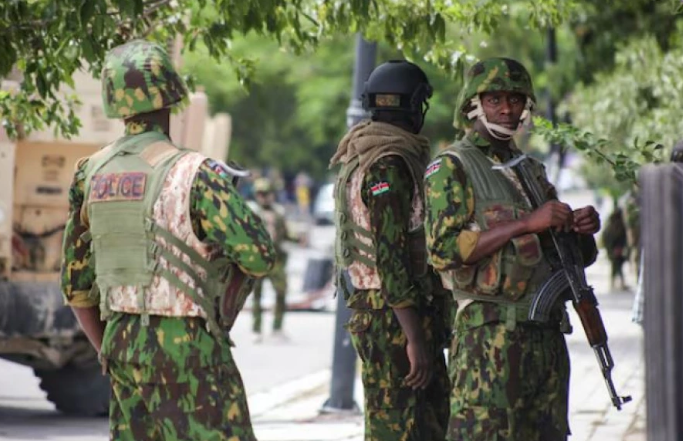
Despite funding, personnel, and logistics challenges, the MSS emphasized it has continued to deliver visible and meaningful results with available resources.
This comes even as a month ago, the United States gave its strongest indication that it plans to eventually establish a new international force to take over from the Kenyan-led mission.
Following a phone conversation between President William Ruto and US Secretary of State Marco Rubio, Kenya advocated for adopting UN Secretary General Antonio Guterres' proposals for enhanced UN logistical support to the mission.
While Kenya provides the majority of personnel for the mission, the United States supplies the primary financial backing.
Since Kenyan police first deployed a year ago to secure critical infrastructure, the UN has warned that Haiti faces a severe humanitarian crisis, with Port-au-Prince at risk of complete gang control.
The mission has faced significant challenges, including personnel shortages, inadequate intelligence, equipment deficits, and insufficient security infrastructure. To address these issues, the UN Secretary-General has recommended establishing a UN support office for the MSS.
"The US thanks Kenya for its dedication for the last year. We must ensure an even greater share of the international community is invested in the fight. We will also seek robust regional participation to provide strategic leadership of the force. We note the next international force must be adequately resourced," stated Kimberly Penland, US deputy chief of mission to the OAS.
